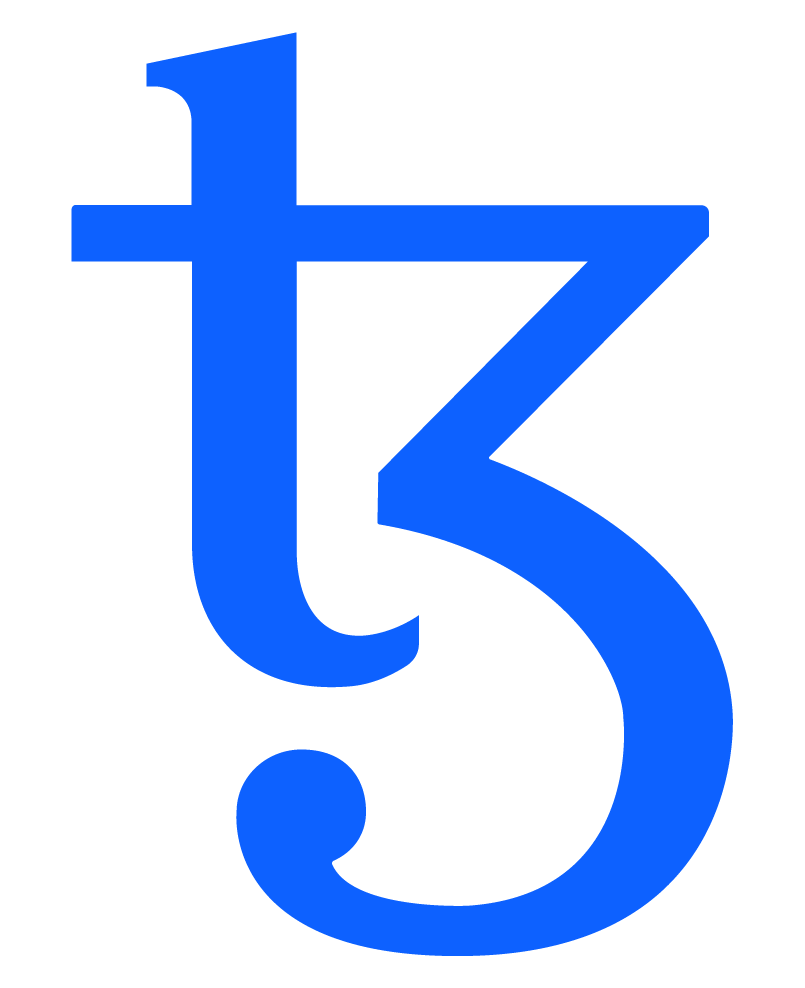Thank you all for having participated in this first round of feedback for the “R” protocol proposal. Your input and suggestion is quite welcome, and will increase the quality of our final proposal.
Based on the discussions so far, we have decided to make the following adjustments to our proposal:
-
Reduced tolerance to baker inactivity. Based on the feedback received in this thread, we will adjust the proposed value of the new
TOLERATED_INACTIVITY_PERIODconstant to 2 cycles instead of 1 cycle, as originally proposed – that is, about 2 days instead of 1 day. This change aims to provide more leeway for bakers who cannot immediately react to technical issues, regardless of the time of the day or the day of the week they occur. -
Exporting derived periods lengths via RPC. Based on feedback by @simonmcl and other ecosystem members, we plan to extend the
chains/<chain>/blocks/<block>/context/constantsRPC endpoint to expose periods usually defined in terms ofCONSENSUS_RIGHTS_DELAY. This includesunstake_finalization_delayas requested, but also a few similar fields: likeissuance_modification_delayfor the Adaptive Issuance curve, andconsensus_key_activation_delayfor managing consensus keys. Please don’t hesitate to reach out or comment in the thread to suggest other similar endpoints which could simplify the development and maintenance of ecosystem tooling. -
DAL (slashing). Taking in consideration the feedback from this thread, and in consultation with other ecosystem actors and stakeholders, we have decided to modify the slashing mechanism associated with the DAL in protocol R so that misbehaving bakers would only forfeit their DAL rewards from that cycle, but would not see their stake (nor their stakers’) slashed. We believe that this change would ease the adoption of the DAL on Tezos mainnet and address baker concerns regarding the novelty of the mechanism.
-
DAL (participation rewards). In protocol proposal R, the DAL requires indeed 66% of the baking power to attest each published slot. If this threshold is not met in a cycle, the DAL is not considered active, and hence no share of participation rewards is allocated to the DAL. If the DAL is active, a 10% of participation rewards from that cycle will be allocated to DAL rewards, and sufficiently participating bakers will receive their share of rewards. Note that DAL participation rewards would become part of the adaptive rewards and would therefore be shared between the baker and its stakers – and potentially its delegators.
We are still evaluating other suggestions received so far and look forward to considering further feedback.
Thank you all for your valuable contributions!
